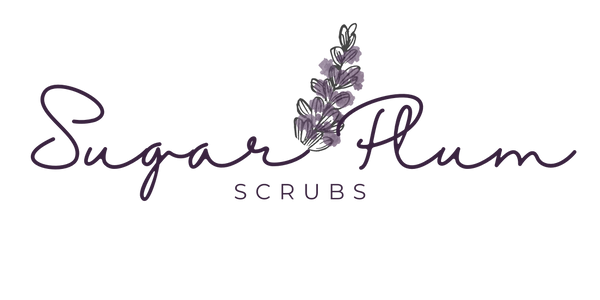
Why You Should Avoid Talc: Find out where it’s been hiding in your beauty routine.
If you're like me you are sensitive to everything. I have sensitive skin, food allergies and seasonal allergies and when I learned that there were hidden irritants in my skincare and makeup products, I was disappointed but I wasn't surprised.
Talc, a soft mineral composed of hydrated magnesium silicate, has long been a staple in cosmetics and personal care products. Its silky texture and ability to absorb moisture have made it a favorite in many formulations. However, recent studies have highlighted potential risks associated with talc, prompting a closer look at its safety.
One significant concern is the potential for talc to be contaminated with asbestos, a known carcinogen. The U.S. Food and Drug Administration (FDA) enforces strict guidelines to prevent asbestos contamination in talc, yet isolated cases have occurred. This has led some experts to advise caution, suggesting that using talc on the skin could pose a risk of asbestos exposure.
For individuals with sensitive skin, talc may cause irritation. Symptoms such as dryness, redness, or itching can arise, making it a less desirable option for those prone to skin sensitivities.
Additionally, some studies suggest a possible link between the use of talc on the genital area and an increased risk of ovarian cancer. While the evidence is not definitive, the International Agency for Research on Cancer (IARC) has classified talc as "possibly carcinogenic to humans," urging further consideration of its use.
As someone deeply passionate about beauty products, I have had my share of experiences with makeup brands that include talc in their formulations. I have often relied on products from brands like MAC, known for their long-lasting, crease-free, and smooth finishes. Unfortunately, many of these products contain talc, and the growing concerns around its safety have made me reconsider my choices.
Transitioning away from talc-based products has not been easy. Finding clean beauty alternatives that offer the same performance has been challenging. Many talc-free products do not provide the same durability or flawless finish, making the switch a tough decision for those who value high-quality results.
Despite these challenges, I am committed to seeking safer alternatives every day. The beauty industry is evolving, and more brands are becoming aware of the need for clean, safe, and effective products. Here are a few makeup brands known to use talc in some of their products:
- CoverGirl
- Maybelline
- Revlon
- Rimmel
- L'Oreal
It's important to note that not all products from these brands contain talc, and many other makeup brands offer talc-free options. For those concerned about the potential risks of talc, it’s wise to read ingredient labels carefully and choose products that do not include talc.
Conclusion
The potential risks associated with talc in beauty products are worth considering, especially for those of us who use these products daily. While the transition to talc-free options may be challenging, it is possible to find safer alternatives without compromising on quality. As I continue my journey to find clean, effective beauty products, I encourage others to do the same and prioritize their health and well-being in their beauty routines.
By staying informed and making thoughtful choices, we can enjoy the benefits of our beauty products while minimizing potential risks. Let's embrace a future where beauty and safety go hand in hand.
